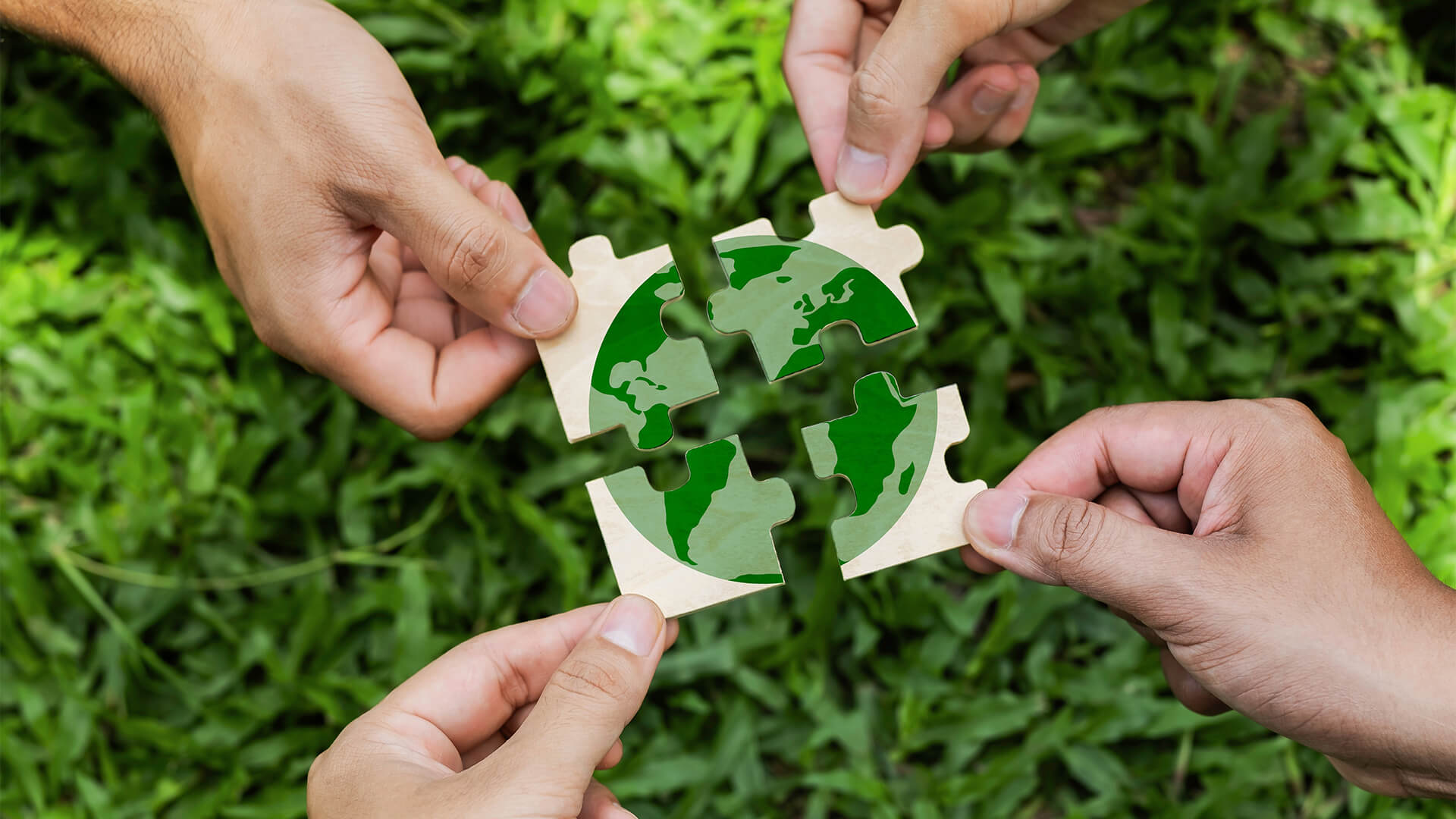What is Sustainable Development and the Role of Companies in Sustainable Development?
14 Ekim 2024Sustainable development is a concept that is gaining increasing importance today and is necessary to overcome issues such as the excessive consumption of natural resources and environmental degradation. Problems such as climate change, biodiversity loss, and water pollution pose major threats to the future of humanity. Therefore, adopting a sustainable lifestyle is not only the responsibility of individuals but also of companies.
What Do the Sustainable Development Goals (SDGs) Mean?
The Sustainable Development Goals are 17 goals created within the framework of the 2030 Sustainable Development Agenda set by the United Nations. These goals were developed to end poverty worldwide, ensure equality, and increase environmental sustainability. Here is a brief summary of these goals:
- No Poverty: End poverty in all its forms everywhere.
- Zero Hunger: End hunger, achieve food security, improve nutrition, and promote sustainable agriculture.
- Good Health and Well-Being: Ensure healthy lives and promote well-being for all at all ages.
- Quality Education: Ensure inclusive and equitable quality education and promote lifelong learning opportunities for all.
- Gender Equality: Achieve gender equality and empower all women and girls.
- Clean Water and Sanitation: Ensure availability and sustainable management of water and sanitation for all.
- Affordable and Clean Energy: Ensure access to affordable, reliable, sustainable, and modern energy for all.
- Decent Work and Economic Growth: Promote sustained, inclusive and sustainable economic growth, full and productive employment, and decent work for all.
- Industry, Innovation and Infrastructure: Build resilient infrastructure, promote inclusive and sustainable industrialization and foster innovation.
- Reducing Inequalities: Reduce inequalities within and among countries.
- Sustainable Cities and Communities: Make cities and human settlements inclusive, safe, resilient and sustainable.
- Responsible Consumption and Production: Ensure sustainable consumption and production patterns.
- Climate Action: Take urgent action to combat climate change and its impacts.
- Life Below Water: Conserve and sustainably use oceans, seas and marine resources for sustainable development.
- Life on Land: Protect, restore and promote sustainable use of terrestrial ecosystems, manage forests sustainably, combat desertification, halt and reverse land degradation and halt biodiversity loss.
- Peace, Justice, and Strong Institutions: Promote peaceful and inclusive societies for sustainable development, provide access to justice for all and build effective, accountable, and inclusive institutions at all levels.
- Partnerships for the Goals: Strengthen the means of implementation and revitalize the global partnership for sustainable development.
These goals aim to promote collaboration among all countries and ensure equal opportunities for all. Each goal is supported by specific measurable indicators.
The Role of Companies in Sustainable Development
- Resource Management: Companies can reduce environmental impact by using natural resources more efficiently. At Biotrend Energy, we focus on waste management to reduce our carbon footprint, but also continually improve in areas such as reducing dependency on fossil fuels, conserving water resources, and preventing air and soil pollution.
- Innovation: Sustainability in innovation is an opportunity for developing new products and services. Companies can gain a competitive advantage by developing eco-friendly technologies and processes.
- Corporate Social Responsibility (CSR): Companies can support social equality by creating positive impacts on society. Projects in the areas of education, health, and environmental protection contribute to social development.
- Transparency and Reporting: Transparency is key for companies to achieve their sustainability goals. Regular performance reporting helps build trust with stakeholders.
- Collaborations: Collaboration among companies in different sectors can help achieve sustainable development goals. These collaborations ensure more effective use of resources and create a greater impact.
Biotrend Energy's Vision for Sustainable Development
Biotrend Energy embraces the principles of sustainable development by developing renewable energy projects and offering environmentally friendly solutions. The company invests in the future through energy sector practices that make a difference, taking both economic and social dimensions into account.
Biotrend Energy’s Sustainability Strategy
Biotrend Energy has aligned its sustainability strategy with the United Nations 2030 Sustainable Development Goals (SDGs), the Paris Agreement, and the European Green Deal, meeting the requirements for green, circular, and digital transformation. The company aims to be a leader in Turkey and a pioneer in the world for the transition to a low-carbon economy by 2030 and 2050. The strategy is focused on five main pillars:
- Accelerating Circular Economy SDG 11,12
Approach: Biotrend Energy aims to recycle waste and produce high-value products from waste through its ongoing projects.
Alignment with International Policies:
- European Union Circular Economy Action Plan
- Ellen MacArthur Foundation, New Plastics Economy Global Commitment
- United Nations Sustainable Development Goals
- Reducing Greenhouse Gas Emissions SDG 7,13
Approach: Biotrend Energy works to manage municipal, agricultural, and forestry waste through integrated waste management and biomass energy activities to prevent greenhouse gas emissions and include all projects in carbon credit certification programs to contribute to national and international climate goals.
Alignment with International Policies:
- European Union Green Deal
- European Climate Pact 2030 Climate Target Plan
- Paris Agreement Sustainable Development Goals
- Facilitating the Transition to a Low-Carbon Economy with Innovation SDG 9
Approach: Biotrend Energy aims to be the locomotive of the low-carbon economy by expanding its portfolio in sustainable raw materials, bioelectricity, bioheat, and sustainable fuels through innovative technological investments and business models.
Alignment with International Policies:
- European Green Deal
- European Commission 2050 Roadmap
- European Union Border Carbon Adjustment Mechanism
- Protecting Biodiversity SDG 6,15
Approach: Biotrend Energy will implement biodiversity programs in 2023, collaborating with universities and NGOs to regularly monitor environmental impacts. Alignment with International Policies:
- European Union 2030 Biodiversity Strategy
- Equator Principles
- Biological Diversity Convention
- Respect for People SDG 5,8,10
Approach: Biotrend Energy is committed to inclusivity, equality, and diversity throughout its value chain and promises zero tolerance for workplace and environmental accidents. Alignment with International Frameworks:
- United Nations Global Compact
- International Labor Standards
- Universal Declaration of Human Rights
Sustainability Governance Structure
Biotrend Energy operates with a corporate governance structure that embraces the principles of transparency, accountability, and responsibility for a sustainable future. The board of directors is responsible for overseeing sustainability within the organization. Regular sustainability performance indicators based on environmental and climate-related risks and opportunities are presented to the board.
Biotrend Energy has established sustainability committees reporting to the board to ensure effective management of sustainability issues across the organization. These committees include:
- Environmental
- Social (Stakeholder)
- Finance
- Technology
Conclusion
Sustainable development has become a necessity for all stakeholders. Through the roles they play in this process, companies can make significant contributions to achieving environmental, economic, and social goals. Leading firms like Biotrend Energy continue to add value to both themselves and society by working for a sustainable future.





